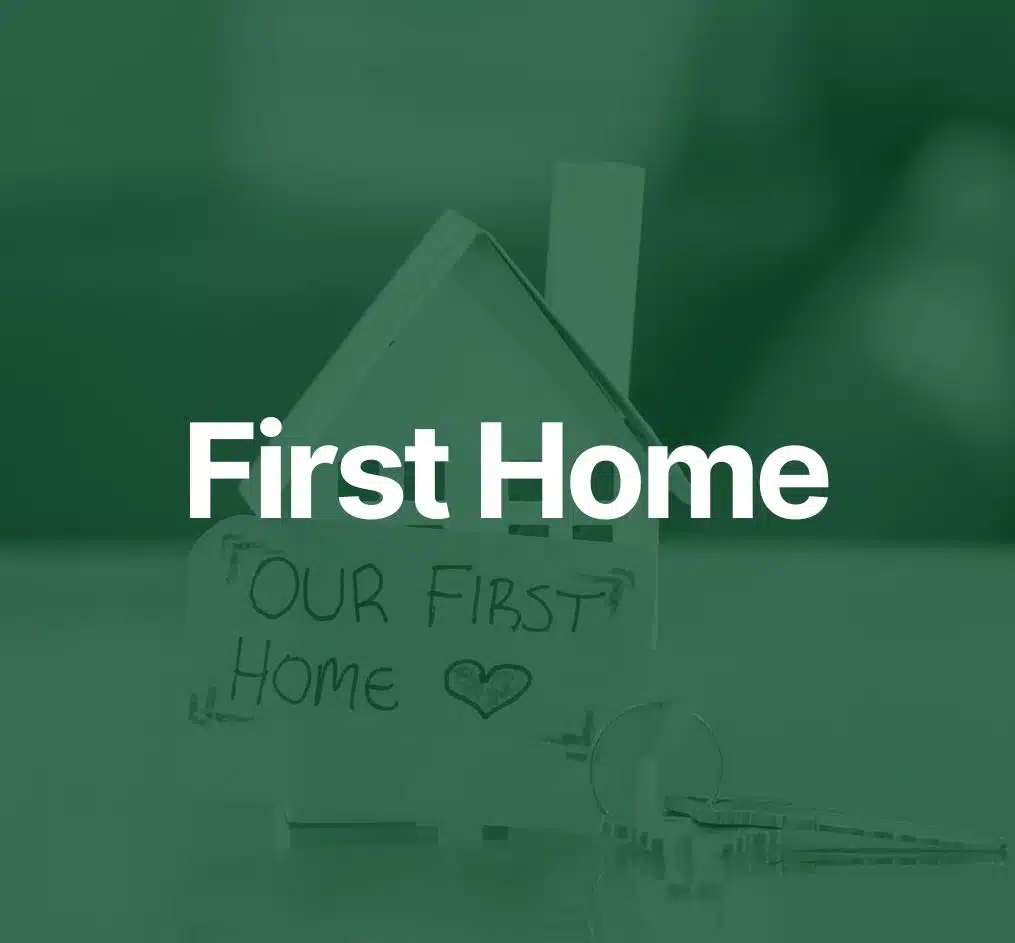Buying your first home can be a steep learning curve, so it’s a great idea to learn a little beforehand so that you understand the process. With this in mind, we’ve created an outline of how it all works, and the order in which things happen.
1. Getting ready to make an offer
Finance:
- KiwiSaver – find out if you are eligible
- Kainga Ora: First Home Grant – find out if you qualify
- Bank loan/mortgage – talk to a Mortgage Broker or Loan Advisor at your Bank to get pre-approval and find out what conditions you’ll need to get final loan approval
- Gifts – Kainga Ora and Banks have specific requirements for gifts that you can organise ahead of time
Research:
- Talk to Real Estate Agents and use websites like Homes.co.nz, TradeMe, OneRoof, and Property Value to look at recent sales to get an idea of prices to offer.
- Ask around your friends and family to find out if anyone is thinking of selling before they go to the open market.
Get a team:
- Mortgage Broker – a mortgage broker can make the loan application process easy as they work with the banks on your behalf
- Lawyer – Engage a lawyer early so you know who to ask when questions come up
- Builder – In the current market, you’ll want a registered builder to check over the property before you make an offer.
- Real Estate Agents – you can let Agents know you’re looking and they’ll sometimes notify you in advance when properties pop up.
2. Making an offer
“Offers over $****” and “By Negotiation”
- If it’s listed by a Real Estate Agent – let the agent know you’d like to make an offer, they will prepare it for you.
- If it’s a private purchase – Talk to the Vendor and let them know you’d like to make an offer, then talk to your lawyer to help you prepare it.
- If there’s no one else putting in an offer, you might be able to negotiate with the vendor
“Deadline sale”
- Ask the agent when offers are due in by and let the agent know you’d like to make an offer, they will prepare it for you.
- The Vendor will look at your offer and might decide to accept it, deny it or wait till the deadline date.
- You might be going up against other buyers, so you’ll need to put in your best offer fist time round.
“Auction”
- You need to make an unconditional offer at an auction and have a deposit ready to go. Make sure you’re prepared.
“Tenders and Multi-offers”
- All offers are due in by a set date and the Vendor won’t look at any offers before this date.
- You’ll need to put in your best offer as you’re going up against other buyers.
- In all cases, ask your Lawyer and your Bank to review your offer before you sign it.
3. What’s in an offer:
Price
- What price you want to pay for the property.
Conditions
- These say you’ll only buy the property if you can get a loan approved for it, a builder checks it over and/or you’re happy with a LIM report from the council.
- You can include any other condition that you like or need. If your conditions aren’t satisfied, then you don’t have to go through with the purchase, this is why it’s important you include them and give yourself enough time to satisfy them.
Deposit
- You’ll need to pay a “good faith” deposit as soon as you’ve satisfied all your conditions. You pay the rest of the purchase price on settlement/take-over day.
- You’re not usually able to use your bank loan for the deposit so you’ll need to include a deposit amount that you have in your bank account or make sure you have enough time to withdraw your kiwisaver to use (usually 15 working days)
Chattels
- The Vendor will include what is included in the property that aren’t fixtures (eg. Stove, Dishwasher, Curtains)
4. Offer is accepted
Sort your conditions
- Work with the bank to get your finance approved including withdrawing your kiwisaver now if you need to.
- Organise a building report to be done
- Order a LIM report from the Council
Insurance
- Organise insurance over the property noting your Bank has an interest on the insurance policy as they are using the property for security on your loans.
5. Just before settlement:
- Meet with your lawyer to go over and sign your loan documents and registration documents
- Organise a pre-settlement inspection with the real estate agent – you’ll be checking that the stove/dishwasher/lights all work and that the owner has cleared all their rubbish out.
6. Settlement day:
- Your settlement can happen anytime on settlement day, at the latest 4pm. So best not to book your moving trucks before then.
- There is a process to happen between banks and between lawyers on settlement day. Once this process happens, we’ll let you know and you will be able to collect the keys from the real estate agent and move in!

